The EU will face new gas supply security challenges after the Russia-Ukraine gas transit agreement expires on December 31, 2024. Russia is not against gas transit through Ukraine, but if Kyiv says no to transit, Moscow cannot force it to change its decision, said Russian President Vladimir Putin at the Eastern Economic Forum in Vladivostok.
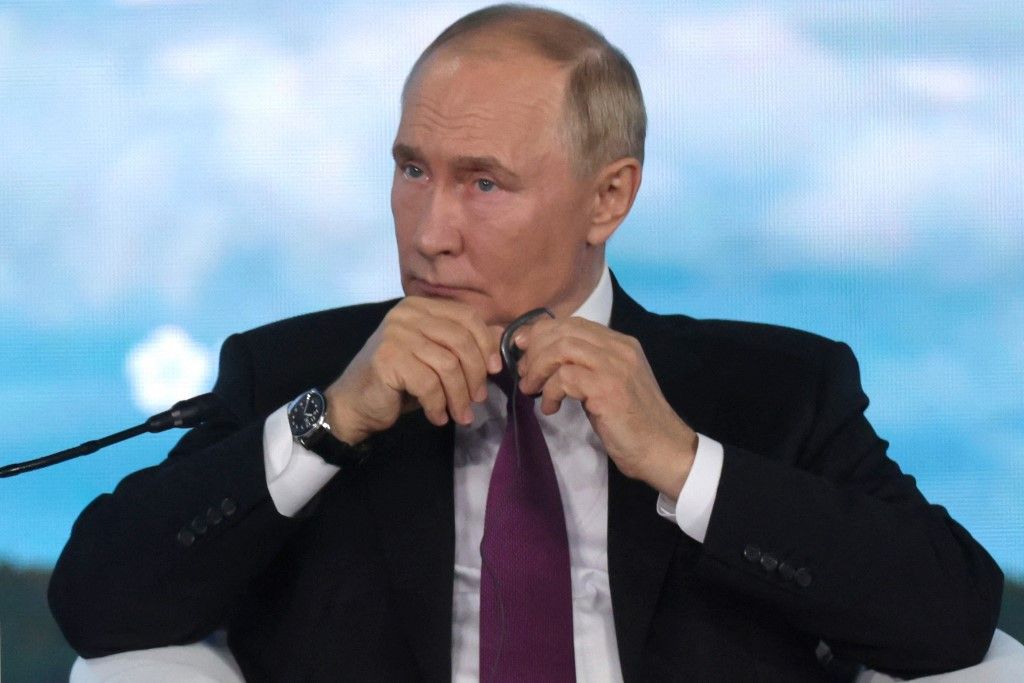
Russia and Gazprom intend to fulfill all their obligations to customers with whom they have signed long-term contracts, Putin stressed.
If Ukraine refuses to continue gas transit, volumes to Europe will drop, but Russia will gradually increase its export to other regions of the world via other routes, with deliveries to China reaching 38 billion cubic meters next year, Russia's president said.
Hungary's energy security will not be affected by Ukraine halting gas transit, as a significant volume of Hungary's gas imports has been delivered via the TurkStream through Turkey for several years now,
said Anton Bendarzsevszkij, director of the Oeconomus Economic Research Foundation.
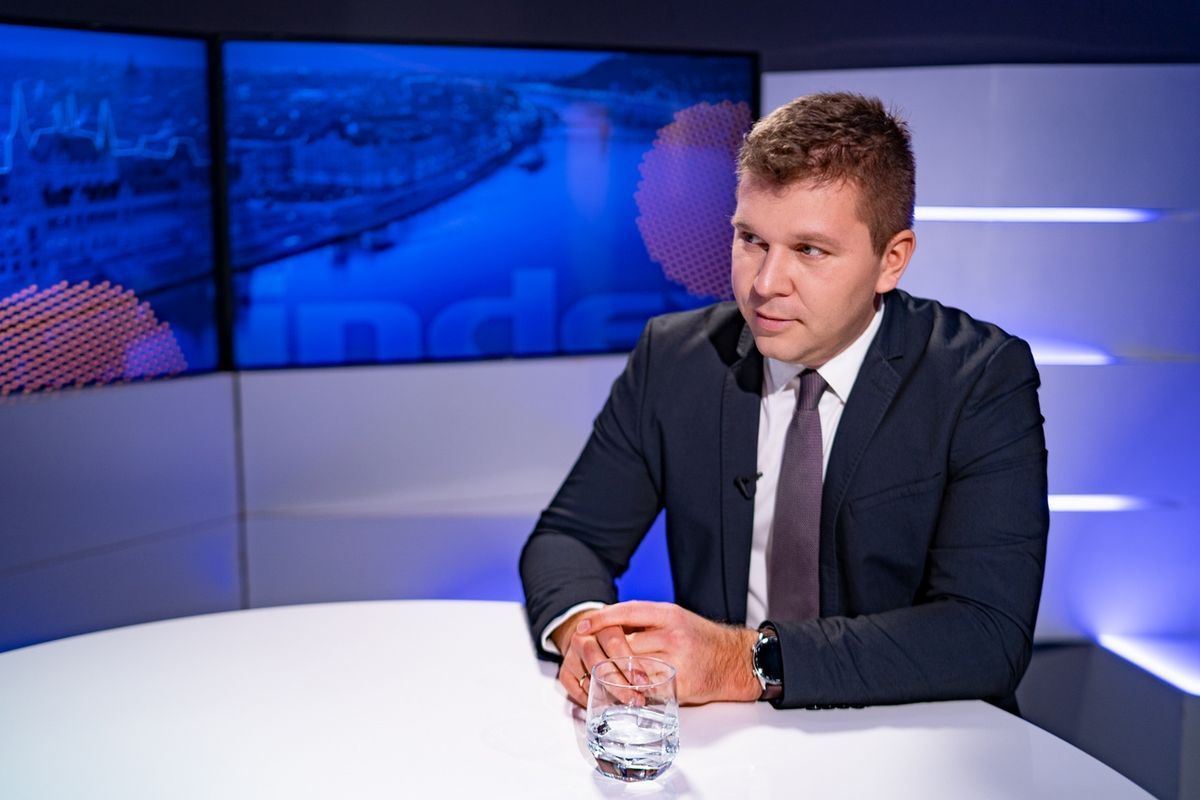
Slovakia and Austria are also dependent on pipeline gas from Russia, but since the date - end of 2024 - was known beforehand, there was time to prepare for it. Russia's strategy was to gradually cut gas deliveries via Ukraine. The Nord Stream was one alternative and the TurkStream the other, the expert added.
In the meantime, however, some European countries have abandoned Russian gas and Nord Stream has been mysteriously destroyed. There are also plans for Azerbaijani gas to arrive in Europe, possibly via Ukraine. Most natural gas enters Hungary across the border with Serbia through the Balkan Stream pipeline, the extension of the TurkStream. This route also brings gas from Azerbaijan since the spring of 2024.
Kyiv is running against the country's interests
We are talking about roughly 1.4 billion US dollars in gas transit revenues for Ukraine in 2023. This is huge money in Ukraine's budget, but for Kyiv, an extension was not an option for several reasons,
said Anton Bendarzsevszkij.
As this was a five-year fixed-term contract signed in 2019, in the current situation, Kyiv decided to go against economic interests, the expert pointed out.
Because of the sanctions against Russia, European countries have given up Russian gas - although they are now procuring supplies through intermediaries - so Ukraine may have decided to halt gas transit out of political compliance, he added.
This is a war-related surcharge, if you like, a loss of revenue for Kyiv, Anton Bendarzsevszkij remarked.
Kyiv's room for manoeuvre should be seen in a broader perspective, in light of the recent restructuring of Ukraine's public debt. In the context of Ukraine's energy decision, it seems as if Ukraine's own interests were no longer the most important, and some argue that the country may have to act in line with the interests of its creditors.
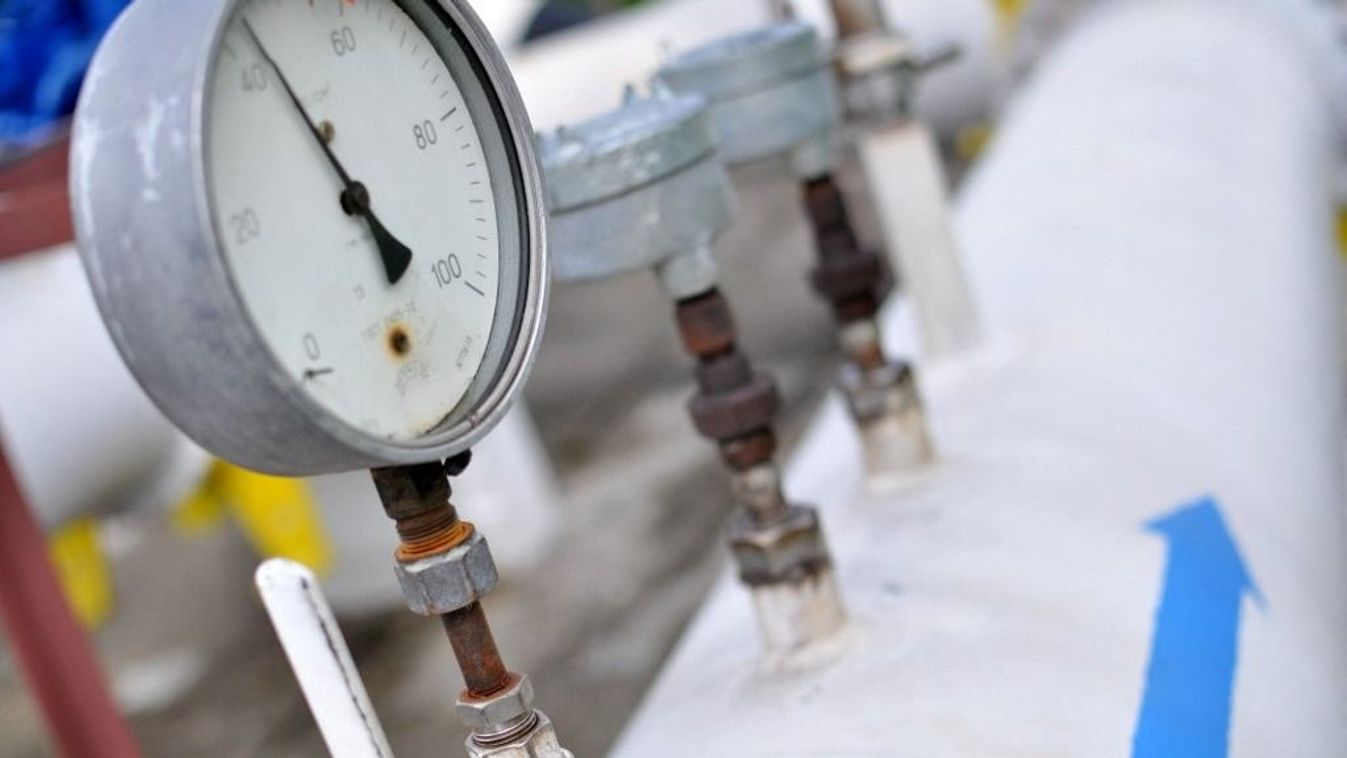
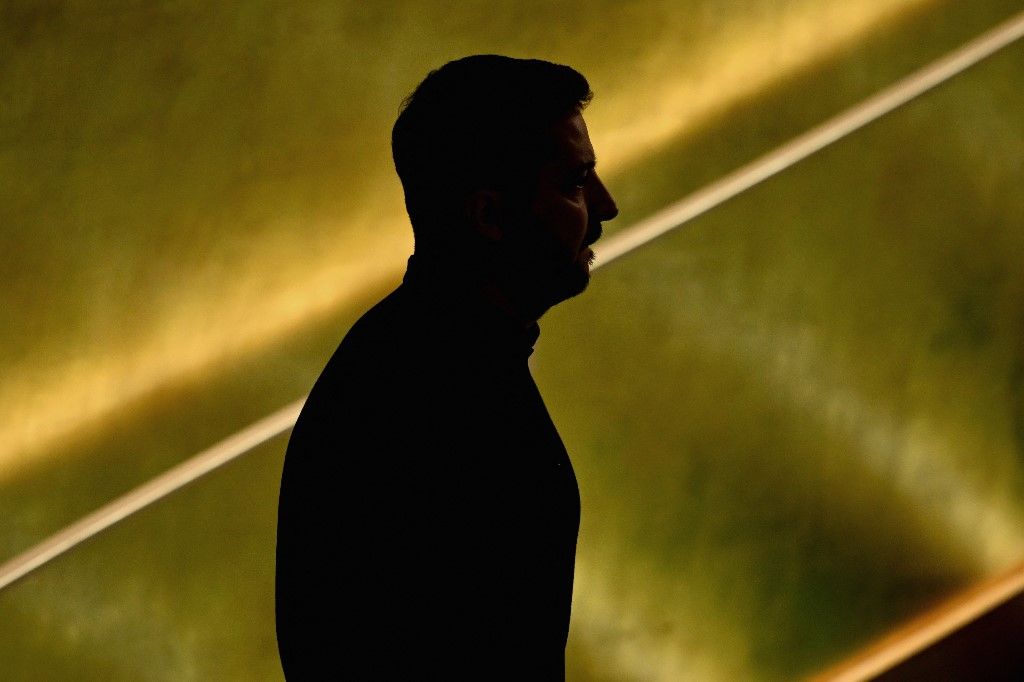

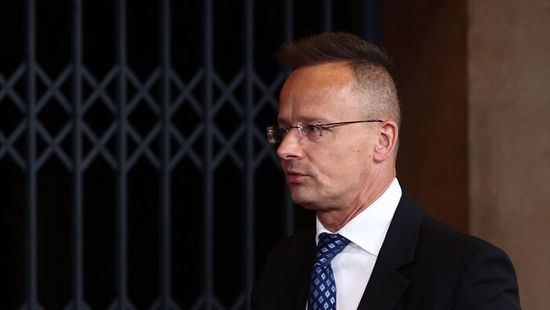
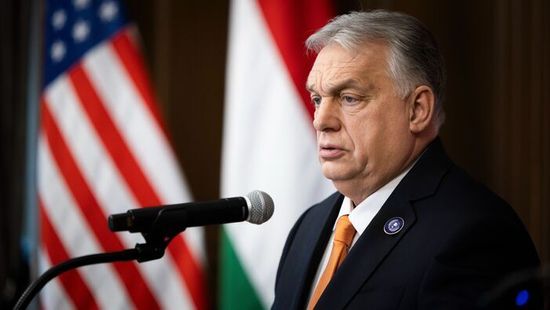
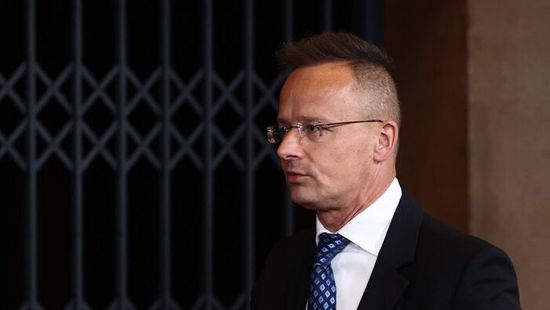

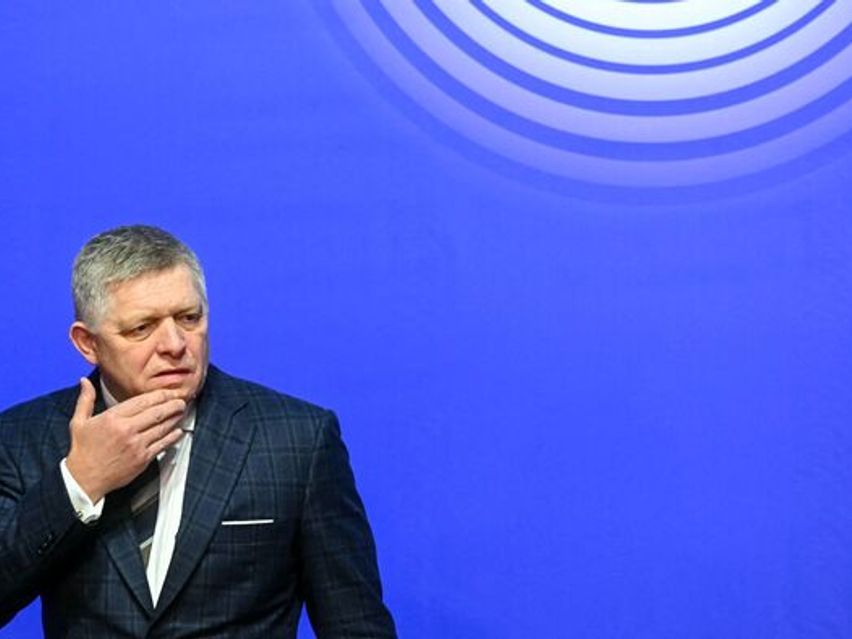
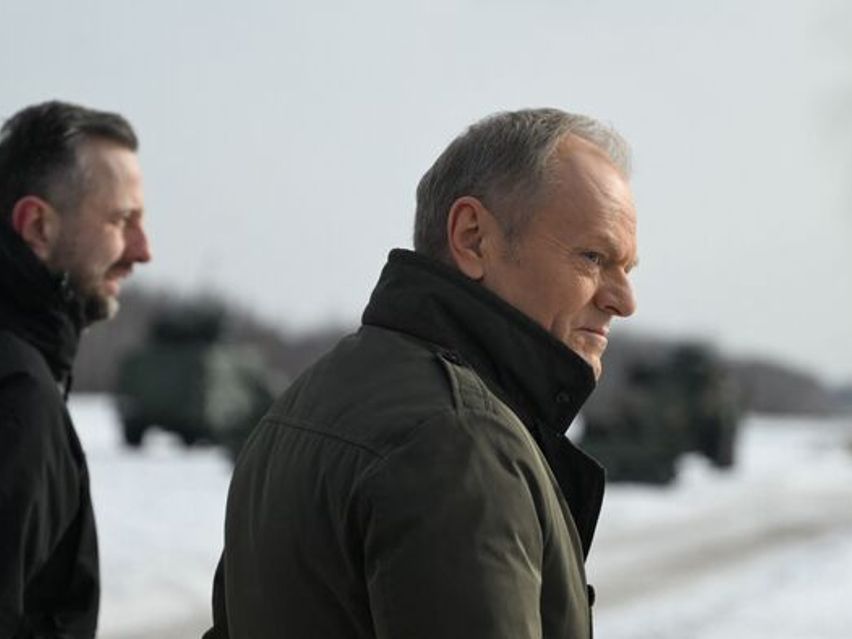

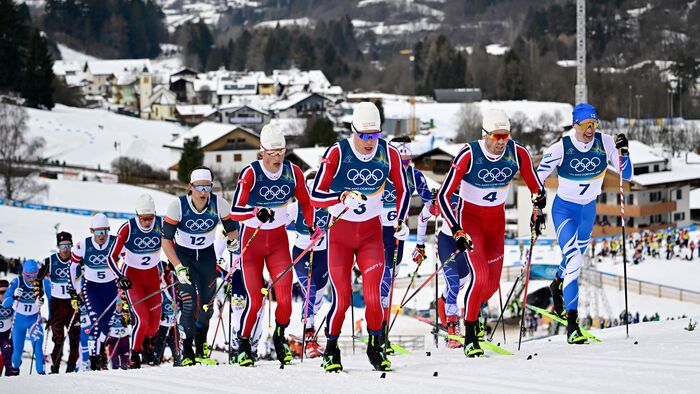

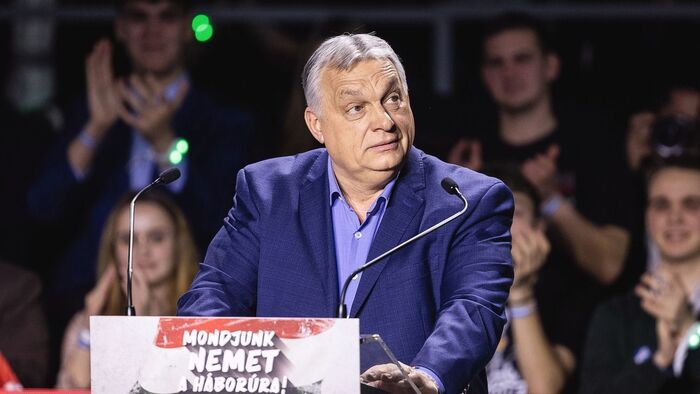
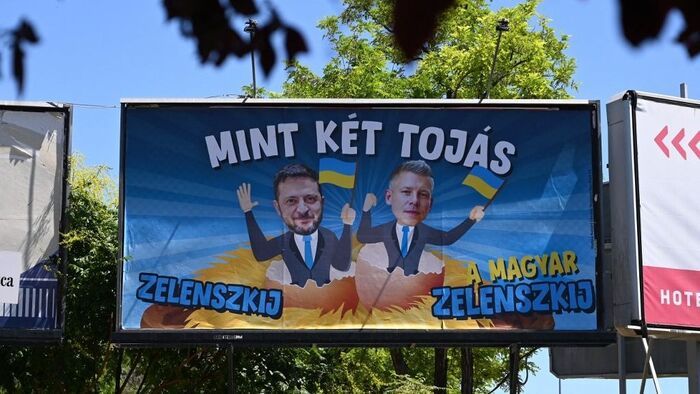
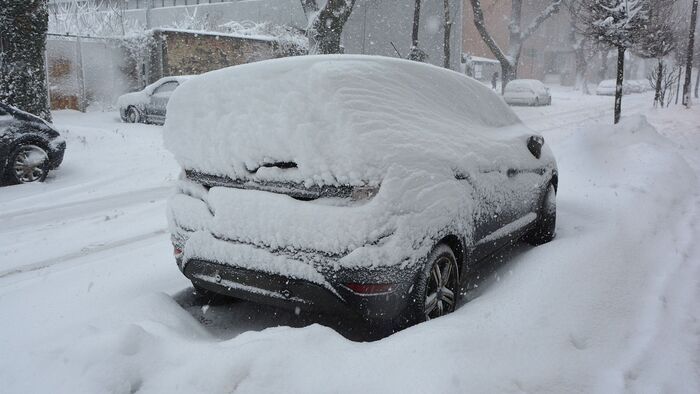
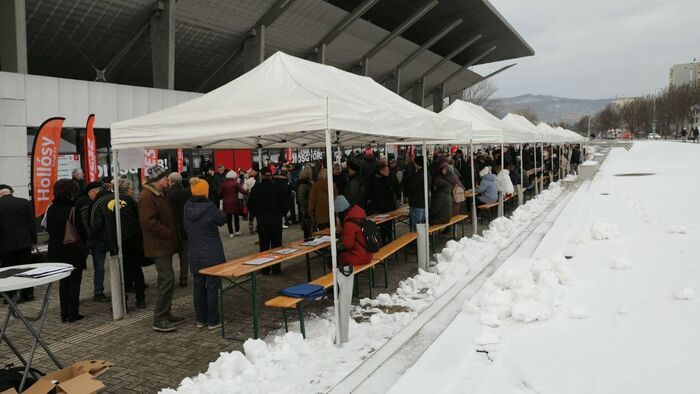
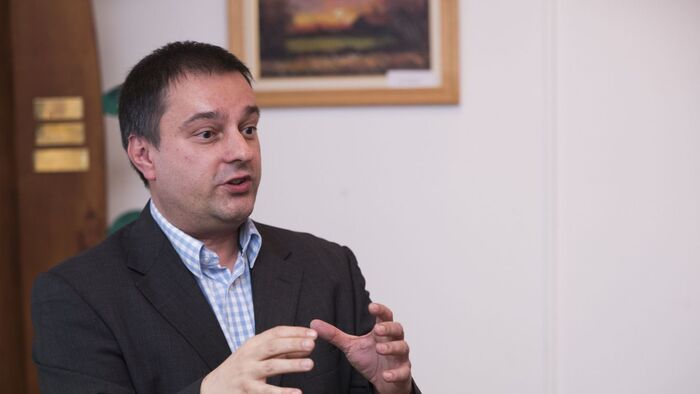
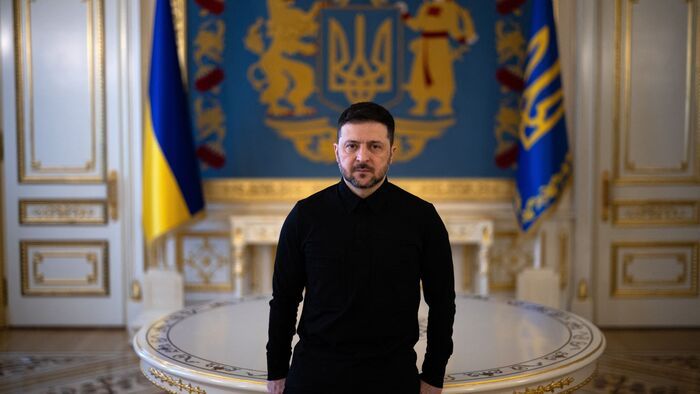
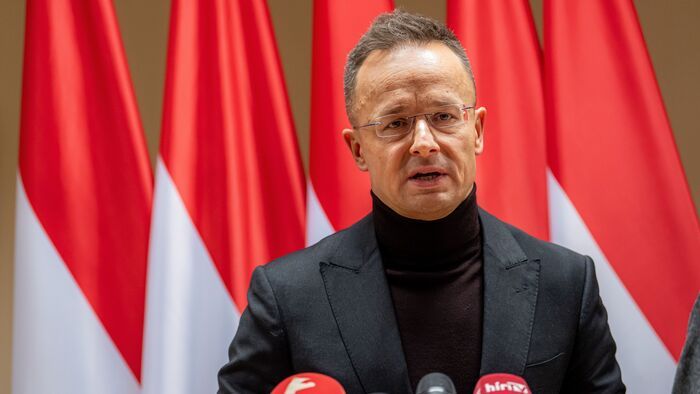




Szóljon hozzá!
Jelenleg csak a hozzászólások egy kis részét látja. Hozzászóláshoz és a további kommentek megtekintéséhez lépjen be, vagy regisztráljon!